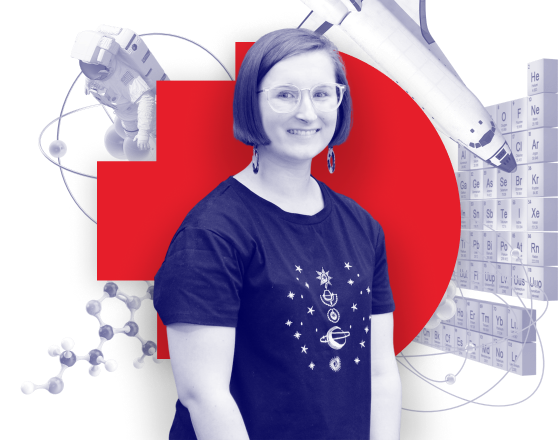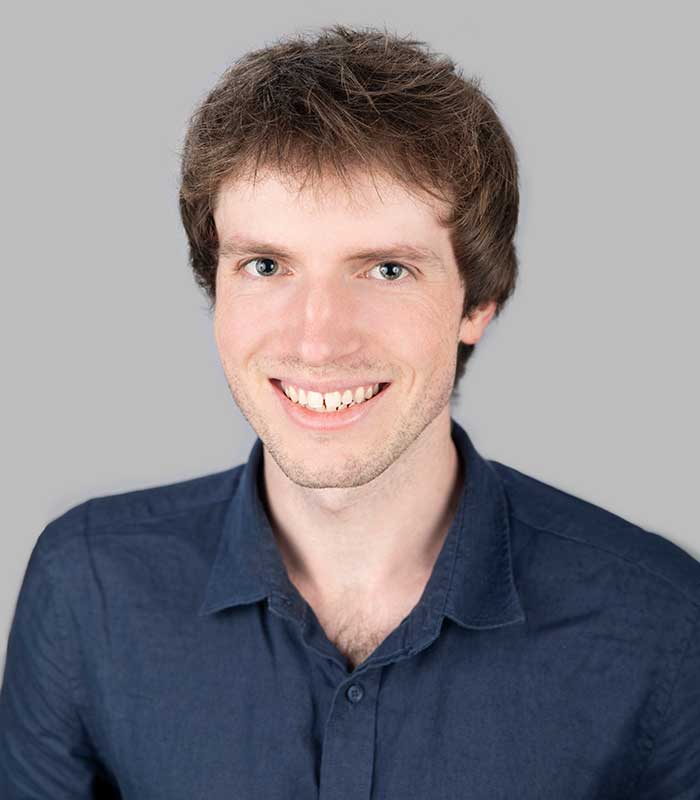On graduating from the Bachelor of Science (Honours), you will be equipped with a broad understanding of science, its principles and methods in practice, and the importance of the continual gathering of scientific evidence. Through your research project, you will demonstrate a thorough knowledge of your chosen specialisation and be able to explain its role and relevance in society.
In designing your honours project, you will learn to gather, review, interpret and synthesise your research, then select the appropriate tools and methods to address your project’s thesis. This process will hone your skills in problem-solving, critical analysis and communication.
Your studies in this degree will teach you essential professional skills, enabling you to work responsibly, safely, ethically and effectively in a range of roles, teams and organisations. As a graduate of this course, you will demonstrate accountability, independence, proactivity, and a commitment to lifelong learning.





